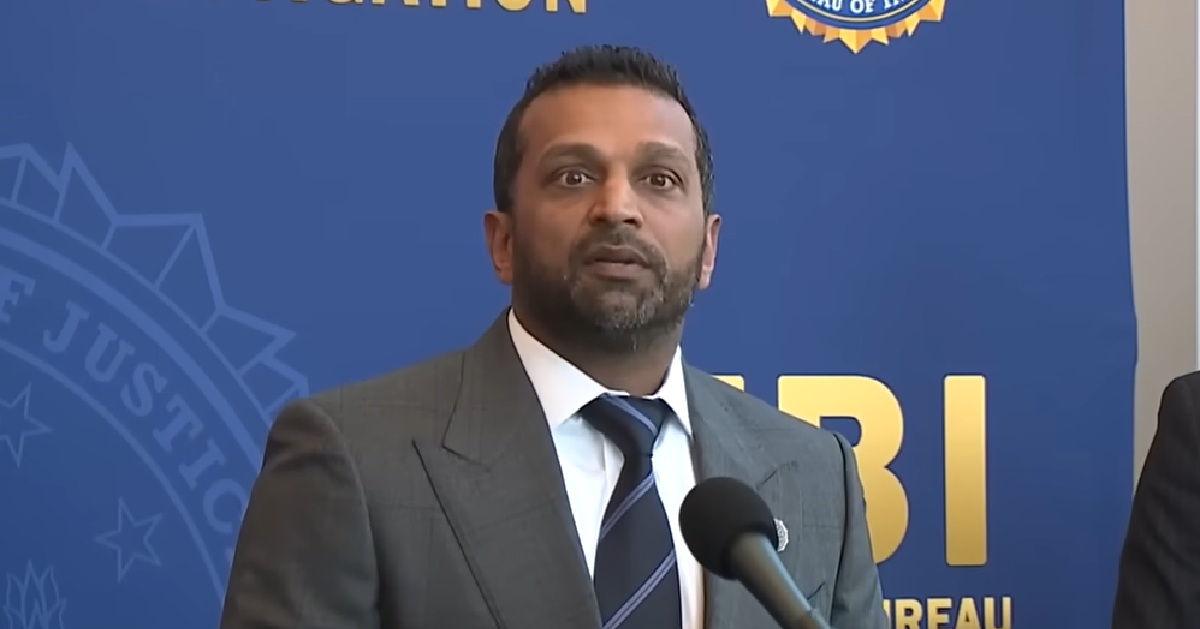Elon Musk reports rise in non-citizens with social security numbers
Elon Musk, notable for his role as head of the Department of Government Efficiency (DOGE), has drawn attention to a surprising trend in migrant social security numbers distribution.
At a recent conference, Musk, along with Antonio Gracias, indicated a dramatic rise in the allocation of social security numbers, reaching approximately 2.1 million for non-citizens in 2024, Breitbart reported.
This significant number marks a sharp increase from 270,000 individuals in 2021, according to DOGE's findings. Musk and Gracias attribute this rise to policy changes made by the previous administration, which facilitated the process for migrants.
Policy Changes Eased Procedures for Migrants
Under the previous administration, several adjustments were made that significantly impacted the process of entering the U.S. and obtaining a social security number. Migrants, upon arrival through official entry points or encounter with border patrol, were able to apply for asylum-related work documents.
Once these documents, known as forms 765 and 766, were filed, the Social Security Administration automatically sent social security numbers to the applicants, bypassing interviews and identity verifications. Gracias highlighted this streamlined but controversial procedure stating, "Once you’re in the country... the social security administration automatically sends you... a social security number."
This approach has sparked discussions about the broader implications of making social security numbers accessible without more stringent verification processes.
Impact on Legal Proceedings for Migrants
The influx of new arrivals has also put a strain on the legal system, with limited resources to manage the increased volume effectively. Migrants encountered at the border faced classification under regulation 1325, dealing either with misdemeanors, felonies, or downgraded administrative offenses.
The last administration reportedly opted to treat many cases as administrative offenses, akin to minor infractions, which Gracias likened to "a parking ticket basically." This decision resulted in extensively prolonged waiting periods for court proceedings, averaging six years due to the limited number of judges available to handle these cases.
Gracias detailed how only 700 judges were tasked with managing the legal processes for approximately 5.5 million migrants, shedding light on the systemic challenges faced.
Uncovering Systemic Efficiencies and Waste
The Department of Government Efficiency undertook a comprehensive investigation into the ways in which social security numbers were distributed among non-citizens. The primary aim was to identify potential inefficiencies and instances of fraud within the system.
Gracias expressed that upon starting "at the top of the system," they were able to map the entire social security framework, revealing areas of waste alongside genuine findings. "There’s a lot of great people there that showed us a lot of waste," Gracias remarked while reflecting on the thorough investigation process undertaken by the department.
This meticulous assessment allowed the DOGE to pinpoint the dramatic surge in social security number distributions as a matter necessitating further scrutiny and reform.
Clarifications and Context from Key Figures
Amid the discussion, Antonio Gracias has been keen to emphasize that his motives are not politically driven. Instead, he maintains a stance supportive of lawful migration practices, stressing that his findings are aligned with promoting systematic improvements.
"We started at the top of the system... But this is what jumped out at us," Gracias noted, aiming to underscore the unbiased nature of the investigation.
While the rise in social security numbers granted to non-citizens might suggest broader issues within the policies of the final years of the last administration, Gracias's insights have steered the conversation toward optimizing governmental efficiency and analysis.





